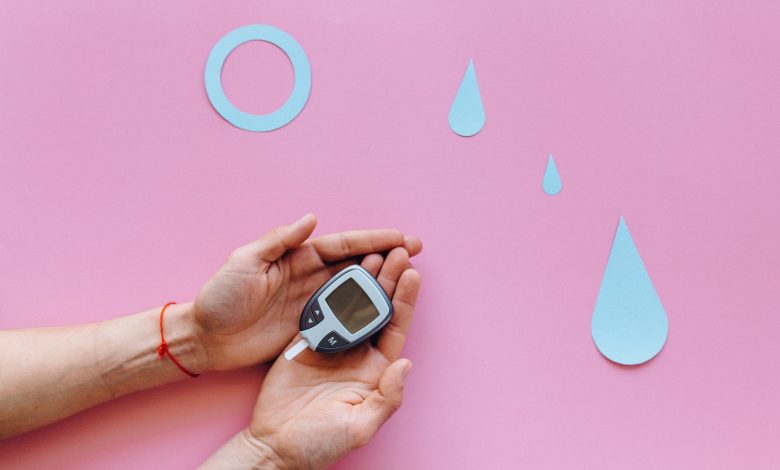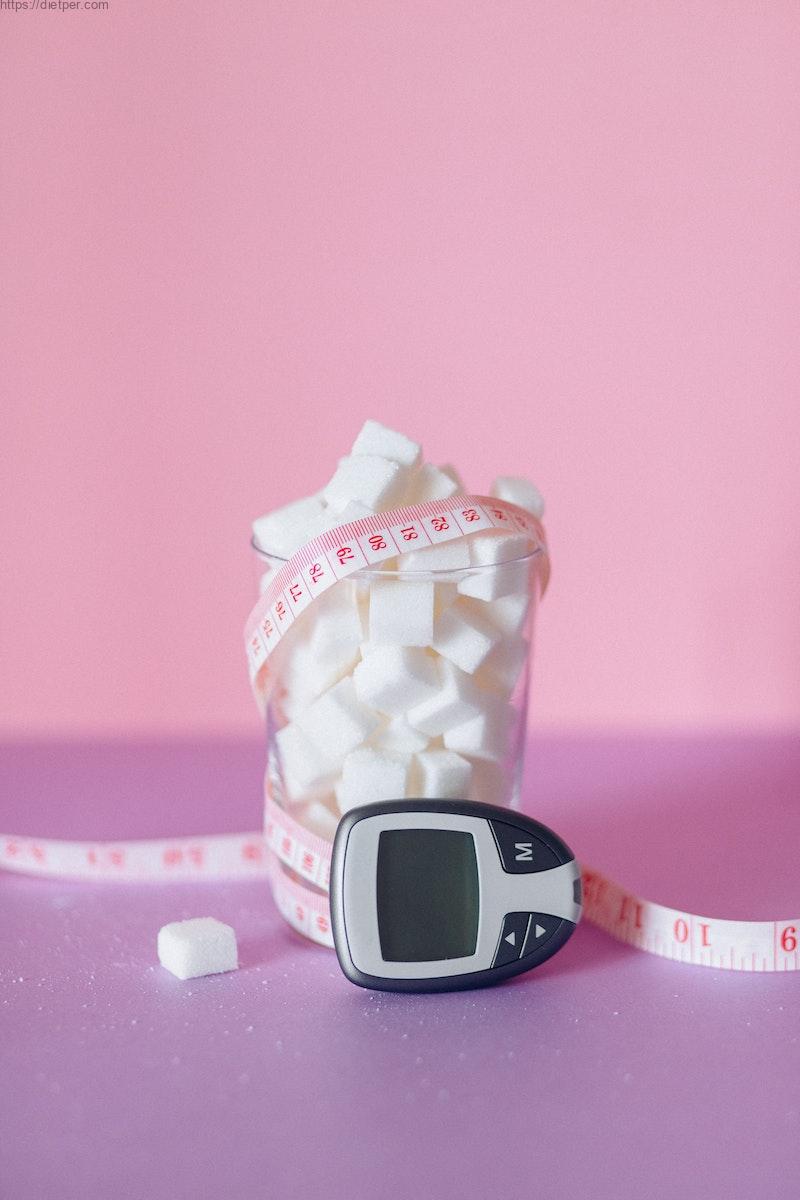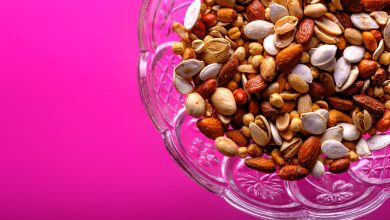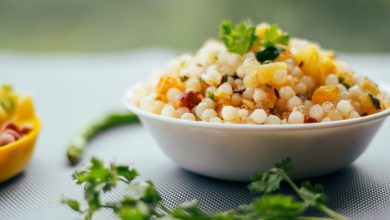Steer Clear: 11 High Cholesterol Drinks to Avoid
The Surprising Culprits: High Cholesterol Drinks to Avoid for a Healthier Heart

High Cholesterol Drinks to Avoid: When we think of high cholesterol, the first thing that comes to mind is often food, but did you know that drinks can also contribute to high cholesterol levels? In fact, some drinks can be even worse for your heart health than certain foods. Beverages such as soda, energy drinks, and even some fruit juices can be loaded with sugar and unhealthy fats that can boost your cholesterol levels as well as raise your risk of heart disease. It’s important to be aware of the surprising culprits in your daily diet that could be contributing to high cholesterol levels.
What are the 11 High Cholesterol Drinks to Avoid?
The following information outlines 11 High Cholesterol Drinks to Avoid or consumed in moderation to assist in the control of cholesterol levels and the reduction of the risk of heart disease:
- Sugary Soft Drinks
- Fruit Juices
- Full-Fat Milk
- Creamy Coffee Drinks
- Alcohol
- Energy Drinks
- Sweetened Iced Tea
- Sports Drinks
- High-Fat Smoothies
- Hot Chocolate Mix
- Excessive Caffeine
11 High Cholesterol Drinks to Avoid
If you have high cholesterol, it’s essential to make dietary choices that can support lower cholesterol levels and lower the chance of heart disease. Here are 11 High Cholesterol Drinks to Avoid or consume in moderation if you have high cholesterol:
Sugary Soft Drinks
High Sugar Content: Sugary soft drinks are often loaded with high amounts of added sugars. Consuming excessive added sugars can lead to weight gain, insulin resistance, as well as an increased risk of heart disease.
Empty Calories: These beverages provide empty calories, offering little to no nutritional value. This can lead to excessive calorie intake without essential nutrients, potentially contributing to obesity, which is a risk factor for high cholesterol.
Insulin Resistance: Rapid sugar absorption from soft drinks can lead to spikes in blood sugar levels, potentially contributing to insulin resistance over time. Insulin resistance is associated with elevated cholesterol levels.
Recommendation: Sugary soft drinks should be avoided or consumed sparingly. Water, herbal tea, or unsweetened beverages are healthier choices to quench your thirst.
Fruit Juices
Natural Sugars: Fruit juices contain natural sugars from fruits, but they can still be high in sugar and lack the dietary fiber found in whole fruits. For example, a glass of orange juice may contain the sugar from several oranges but none of the fiber that helps slow down sugar absorption.
Calorie Density: Fruit juices can be calorie-dense without the satiety provided by whole fruits. You might consume a large number of calories in a short time without feeling full, potentially leading to weight gain.
Impact on Blood Sugar: Like sugary soft drinks, fruit juices can cause rapid spikes in blood sugar levels, particularly when consumed in large quantities. This can be problematic for individuals with high cholesterol and insulin resistance.
Recommendation: Choose whole fruits over fruit juices whenever possible to benefit from the fiber content and moderate sugar intake. If you do consume fruit juices, opt for those without added sugars and limit portion sizes.
Full-Fat Milk
Saturated Fat: Whole milk contains saturated fats, which can raise levels of LDL (bad) cholesterol in the bloodstream. Elevated LDL cholesterol is a risk element for heart disease.
Calories: Full-fat milk is calorie-dense, so consuming it regularly can contribute to weight gain, which can negatively affect cholesterol levels.
Healthier Alternatives: Consider switching to lower-fat or non-fat milk options like skim milk or 1% milk to reduce your saturated fat intake while still getting the benefits of calcium and other nutrients.
Creamy Coffee Drinks
High in Saturated Fat: Coffee beverages loaded with cream, whole milk, and whipped cream can be extremely high in saturated fat. Saturated fat is understood to raise LDL cholesterol levels as well as increase the risk of heart disease.
Added Sugars: Many creamy coffee drinks also retain added sugars, which can also contribute to weight gain and heart health issues.
Calories: These beverages are often calorie-dense, so indulging in them frequently can lead to excess calorie intake and weight gain.
Recommendation: Choose healthier coffee options, such as black coffee or coffee with low-fat milk and minimal sugar. Limit the consumption of high-fat and high-sugar coffee drinks.
Alcohol
Triglycerides: Alcohol can raise triglyceride levels in the blood, which is a type of fat that contributes to heart disease risk. High triglycerides are often associated with high cholesterol.
Blood Pressure: Excessive alcohol consumption can lead to high blood pressure, another risk factor for heart disease. It can also weaken the heart muscle over time.
Empty Calories: Alcoholic beverages provide calories without essential nutrients, similar to sugary soft drinks. This can lead to weight gain if not consumed in moderation.
Recommendation: If you choose to consume alcohol, do so in moderation, which typically means up to one drink per day for women and up to two drinks per day for men. It’s essential to know your limits and prioritize your overall health.
Energy Drinks
Caffeine Content: Energy drinks are often loaded with caffeine, which can lead to increased heart rate, blood pressure, and palpitations. These effects can be concerning for individuals with high cholesterol or underlying cardiovascular issues, as they may exacerbate these conditions.
Stimulants: Some energy drinks contain additional stimulants like guarana and taurine, which, when combined with caffeine, can have an additive effect on the cardiovascular system. This combination may pose risks to heart health, including arrhythmias (irregular heartbeats).
Added Sugars: Many energy drinks are high in added sugars, which can contribute to weight gain and insulin resistance. Individuals with high cholesterol should be mindful of their sugar intake, as it can adversely affect lipid profiles.
Recommendation: Energy drinks should use sparingly and avoided by individuals with underlying heart conditions or high cholesterol. For a boost in energy, opt for healthier alternatives such as coffee (in moderation), tea, or natural sources of energy like exercise and a well-balanced diet.
Sweetened Iced Tea
Added Sugars: Sweetened iced tea is often sweetened with high amounts of sugar, which can raise triglyceride levels, contribute to weight gain, and potentially worsen cholesterol profiles.
Calories: The excess calories from added sugars in sweetened iced tea can lead to weight gain and obesity, which are risk factors for heart disease and high cholesterol.
Healthier Choices: Unsweetened iced tea or herbal tea without added sugars is a better choice. If sweetness is desired, consider using a natural sweetener in moderation, like honey or stevia.
Sports Drinks
Electrolytes and Sugar: Sports drinks are designed to replenish electrolytes lost during intense physical activity. However, they often contain added sugars, which can lead to weight gain and negatively affect cholesterol levels if consumed regularly outside of vigorous exercise.
Calories: Like energy drinks, sports drinks can be calorie-dense, and excessive calorie intake can contribute to weight management issues.
Usage: Sports drinks are best reserved for individuals engaged in strenuous physical activity, where they can help maintain electrolyte balance. For everyday hydration, water is a healthier choice.
High-Fat Smoothies
Saturated Fat: Smoothies made with high-fat ingredients like whole milk, full-fat yogurt, or excessive amounts of nuts and seeds can be high in saturated fat. Saturated fat can raise LDL cholesterol levels and increase the risk of heart disease.
Calorie Density: High-fat smoothies can be calorie-dense, and excess calorie intake can lead to weight gain, which is a risk factor for high cholesterol.
Balanced Smoothies: To make heart-healthy smoothies, choose lower-fat dairy or plant-based alternatives and incorporate fruits, vegetables, and a source of protein while moderating the use of calorie-rich ingredients.
Hot Chocolate Mix
Added Sugars: Commercial hot chocolate mixes often contain a significant amount of added sugars, contributing to weight gain and potential cholesterol concerns when consumed regularly.
Calories: Hot chocolate can be calorie-dense, especially when made with whole milk or cream. The combination of added sugars and high calories can negatively impact cholesterol levels.
Healthier Options: Consider making hot chocolate with unsweetened cocoa powder and a natural sweetener to reduce sugar content. Opt for lower-fat milk or a dairy alternative to make it a healthier choice.
Excessive Caffeine
Caffeine’s Effects: Excessive caffeine intake can lead to issues such as increased heart rate, palpitations, high blood pressure, and heart rhythm disturbances. These effects can be problematic for individuals with high cholesterol or underlying heart conditions.
Sleep Disturbance: Overconsumption of caffeine, especially later in the day, can disrupt sleep patterns. Poor sleep quality is associated with various health problems, including heart disease.
Individual Tolerance: Individuals need to be aware of their caffeine tolerance and limit intake accordingly. If you have concerns about caffeine’s impact on your cholesterol or overall health, consult with a healthcare provider for guidance.
Most Popular Articles:
- The Carnivore Diet Plan: A Unreveal Guide to Success
- Unveiling: Top 9 Foods to Avoid While Intermittent Fasting
- Unlocking Radiance: A Diet For Glowing Skin in 3 days
Is Milk Tea Good for Cholesterol?
Milk tea, often made with black tea and milk, can enjoy as part of a balanced diet without significantly impacting cholesterol levels. However, it’s essential to consider the ingredients you add to your tea. If you use whole milk and add excessive sugar, this can contribute to elevated cholesterol levels over time.
Opting for lower-fat milk and limiting sugar can make milk tea a heart-friendlier choice. Additionally, individuals should also be cautious of other high cholesterol drinks to avoid, such as sugary soft drinks, fruit juices, and high-fat coffee beverages, as these can have a more pronounced impact on cholesterol management.
What Is the Best Drink to Lower Cholesterol?
The best drinks to lower cholesterol are those that promote heart health and may help reduce LDL (bad) cholesterol levels. Here are some options:
Green Tea: Known for its antioxidants, green tea may help lower LDL cholesterol and improve overall heart health.
Black Tea: Like green tea, black tea contains compounds that can have a positive impact on cholesterol levels when consumed regularly.
Hibiscus Tea: Studies suggest that hibiscus tea may help lower both systolic and diastolic blood pressure, contributing to heart health.
Water: Staying well-hydrated with water is crucial for overall health and can support weight management, which in turn helps maintain healthy cholesterol levels.
It’s important to note that no single drink can drastically lower cholesterol on its own. A balanced diet rich in fruits, vegetables, whole grains, lean proteins, and healthy fats is key to managing cholesterol.
Best Beer for High Cholesterol?
If you have high cholesterol, it’s important to consume alcoholic beverages, including beer, in moderation. While moderate alcohol consumption may have few cardiovascular benefits, excessive beer intake can lead to weight gain and elevated triglyceride levels, negatively impacting cholesterol.
When choosing beer, opt for lighter varieties with lower alcohol content and calories. Additionally, it’s crucial to be aware of other high cholesterol drinks to avoid or consume sparingly in your diet, such as sugary soft drinks, fruit juices, and high-fat dairy products, as these can also contribute to cholesterol-related concerns.
What are the homemade Juice to Lower Cholesterol ?
Homemade juices can be a delicious and nutritious addition to your diet. To help lower cholesterol, consider juicing ingredients known for their heart-healthy properties:
Citrus Juices: Oranges, grapefruits, and lemons contain soluble fiber and antioxidants that may help reduce LDL cholesterol levels.
Beet Juice: Beets are rich in dietary nitrates, which may have a positive impact on heart health by helping to relax blood vessels.
Carrot Juice: Carrots are a good source of soluble fiber and antioxidants, potentially beneficial for cholesterol management.
Kale and Spinach Juice: Leafy greens like kale and spinach provide nutrients that support overall cardiovascular health.
Remember to consume these juices in moderation and as part of a well-balanced diet.
Does Beer Affect Cholesterol Test?
Yes, alcohol consumption, including beer, can affect cholesterol test results. Consuming alcohol shortly before a cholesterol test may lead to temporarily elevated levels of triglycerides in the bloodstream. It’s advisable to avoid alcohol for at least 24 hours before a cholesterol test to obtain accurate results.
Additionally, individuals should be mindful of other high cholesterol drinks to avoid or limit in their diet, such as sugary soft drinks, fruit juices, and high-fat dairy products, as these can also influence cholesterol levels and may impact the accuracy of cholesterol tests.
Frequently Asked Questions – High cholesterol drinks to avoid
What is cholesterol, and why is it important to manage it?
Cholesterol is a fatty substance found in your blood. While it’s essential for several bodily functions, high levels of LDL (bad) cholesterol can increase the risk of heart disease. Managing cholesterol is crucial for heart health.
How can I lower my cholesterol through diet?
You can lower cholesterol by adopting a heart-healthy diet that includes fruits, vegetables, whole grains, lean proteins, and foods high in soluble fiber. Limit saturated and trans fats, as well as cholesterol-rich foods.
Are there any beverages that can help lower cholesterol levels?
Certain beverages like green tea, black tea, and hibiscus tea may have a positive impact on cholesterol levels when consumed regularly. However, they are most effective when part of a balanced diet.
Can I still enjoy alcoholic beverages if I have high cholesterol?
Moderate alcohol consumption, including beer, may have some cardiovascular benefits. However, excessive alcohol intake can lead to weight gain and elevated triglycerides. If you have high cholesterol, it’s best to consume alcohol in moderation. Additionally, it’s essential to be cautious of other high cholesterol drinks to avoid or limit in your diet, such as sugary soft drinks, fruit juices, and high-fat coffee beverages, as these can also contribute to cholesterol-related concerns.
How does caffeine consumption affect cholesterol levels?
Caffeine, when consumed in moderation, typically has a minimal effect on cholesterol. However, excessive caffeine intake from coffee, energy drinks, or certain teas can raise blood pressure, potentially impacting heart health. It’s important to be mindful of caffeine consumption.

Conclusion – High Cholesterol Drinks to Avoid
Maintaining healthy cholesterol levels is essential for protecting your heart health and reducing your risk of cardiovascular disease. While dietary choices play a significant role in managing cholesterol, it’s crucial to be aware of the beverages you consume as well. These 11 High Cholesterol Drinks to Avoid, and making healthier choices like fresh fruit and unsweetened beverages, you can take important steps towards a heart-healthy lifestyle.
Disclaimer
This blog post aims to empower you to make informed and health-conscious food choices. Your well-being is of paramount importance, and it’s essential to prioritize your health before embarking on any restrictive diets. Therefore, if you have any concerns, it is highly advisable to seek guidance from a healthcare professional or registered dietitian before making dietary changes.




